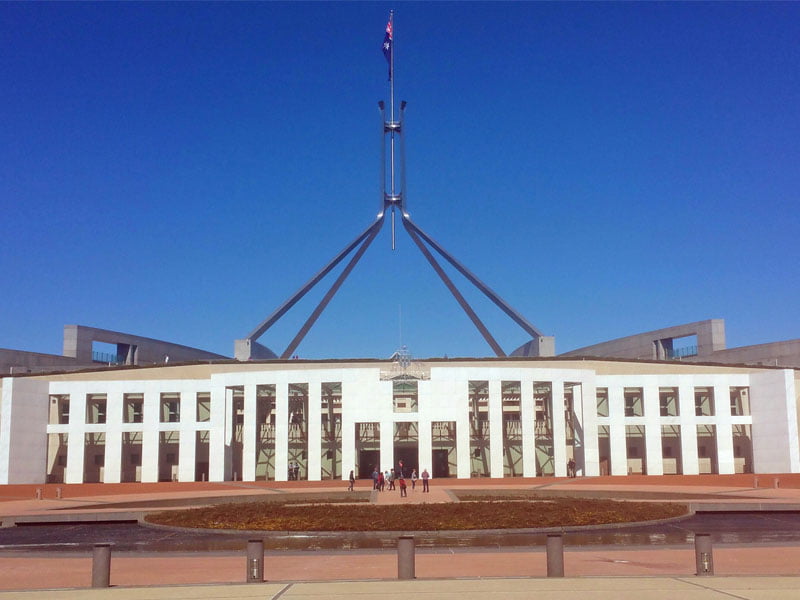Potential changes to the R&D tax incentive would “devastate” the booming biotechnology industry in Australia, a new report has found.
The Biotechnology Industry Position Survey 2017 found that the uncertainty and fear already created by the ATO’s recent R&D alert has led several companies in the industry to put plans to hire new staff on hold, with general perceptions of the environment also dropping.
The survey of more than 40 Australian biotech companies conducted by AusBioTech and Grant Thornton found a rapidly growing industry, but one that is waiting in fear for what will happen with the R&D incentive.

While the majority of respondents said the past year had been “excellent” or “good”, their outlook to the future was less strong.
“Their optimism is tinged with caution due to uncertainty over the future of the R&D tax incentive. This caution is evident in significant falls in the number of respondents who described the environment as conducive to growing a biotechnology company and the number of companies reporting an intention to hire,” AusBioTech CEO Glenn Cross said in the report.
After the ATO’s warning, the tech community has been waiting to understand the government’s reaction to the recommendations of the Ferris, Finkel and Frasier review of the R&D incentive in April last year.
These proposed changes would have a “profoundly negative impact” on the biotech industry and would place the commercialisation of medical research in Australia under “serious threat”, the survey found.
This uncertainty and any possible changes is undermining the government’s active efforts in the biotech space, which include the launch of the $500 million Biomedical Translation Fund last year, Mr Cross said.
“The result is concerning and deeply disappointing given the range of policy commitments in support of the sector made by governments at all levels.”
“Yet it once again highlights the importance of recognising the operating environment, not least the full range of policy settings, as an ecosystem,” Mr Cross said.
More than half of the respondents to the survey said the proposed R&D changes represent a “fundamental risk to employment, their ability to attract investment and compete globally”.
The Australian biotech sector is enjoying rapid growth, with an annual rate of 4.4 per cent. The sector will generate revenue of $8.67 billion by 2021, while another study found that it could add $18 billion and 28,000 jobs to the economy over the next eight years.
But it’s an industry that is especially reliant on the incentive, with companies often having very long product development timelines and commonly taking years to reach revenue.
Compounding the issue, the survey also found a significant decrease in the number of biotech firms with two years’ cash in hand, dropping to just 12 per cent of respondents – the lowest since 2013.
“The R&D tax incentive is the most critical centrepiece program in the translation of Australia’s world-class research into treatments, cures, diagnostics, medical devices and vaccines. The program has been successful in helping attract more investment in R&D and fostering a strong Australian life sciences clinical trials and R&D sector,” Mr Cross said.
“The issue with the R&D tax incentive simply goes to the very heart of Australia’s global competitiveness. An already challenging local regulatory environment for clinical trials could be made worse by changes to the program that could see investment shift from Australia to the US.”
If changes were made to the R&D scheme, 58 per cent of respondents said it would impact their ability to employ staff, 47 per cent would have a reduced capacity to employ STEM graduates, 81 per cent would have their ability to attract capital impacted and 75 per cent would be less able to compete globally.
Along the tech community in general, the biotech sector is calling for stability and cohesion in federal innovation policy.
“The government’s goal to develop a successful innovation ecosystem requires the maintenance of a stable, supportive and consistent policy environment that encourages companies to make decisions that attract investment and grow R&D activity,” Mr Cross said.
“All this potential, which successive governments have worked with the sector to create, remains contingent on the maintenance of a policy environment that supports growth in the innovation ecosystem.”
Do you know more? Contact James Riley via Email.

